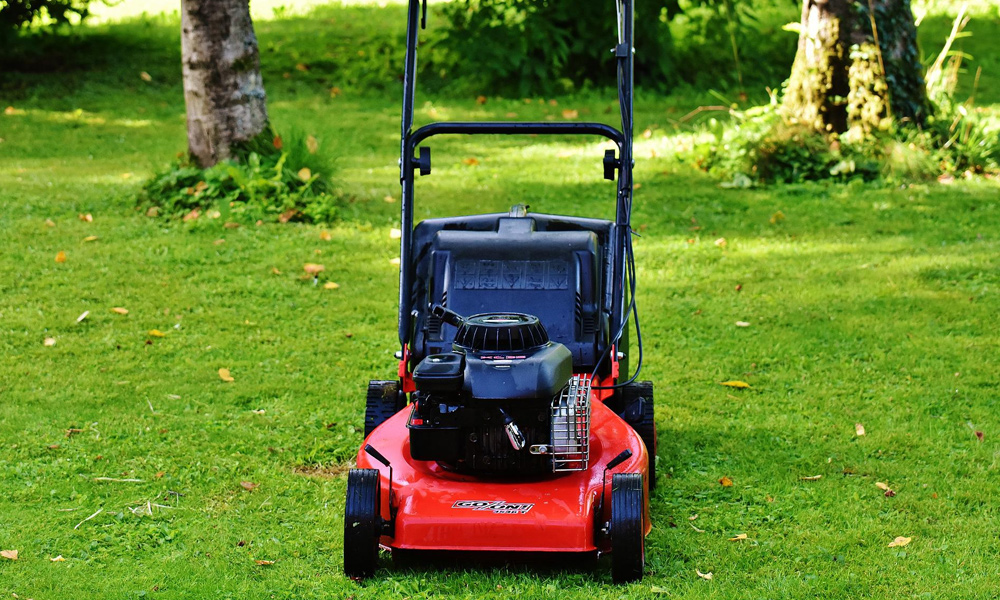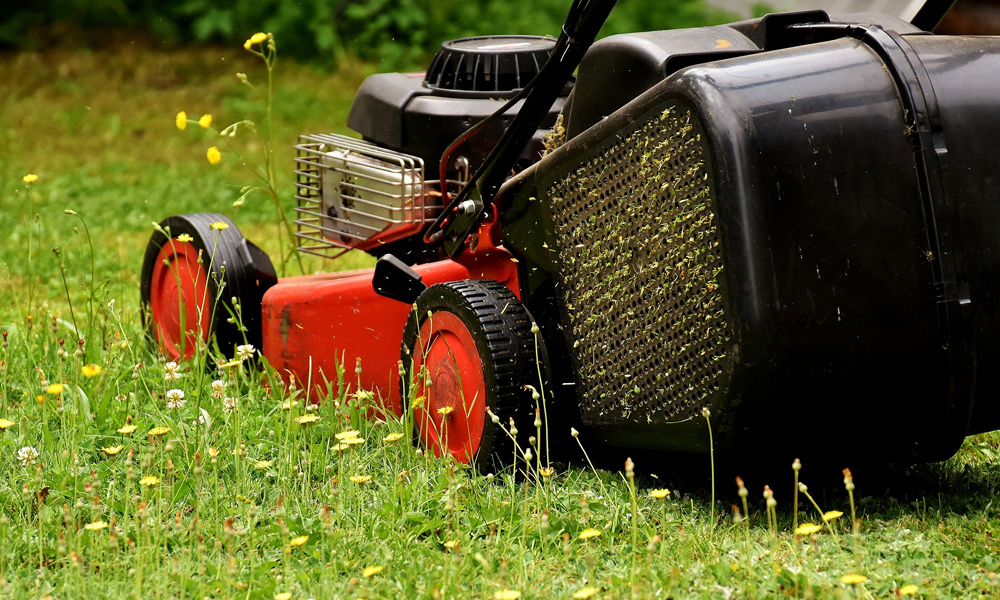How to Recycle Your Old Lawn Mower Responsibly
Eco-Friendly Disposal and Choosing the Right Mower for Your Needs
When upgrading or replacing your old lawn mower, it’s crucial to recycle it responsibly to reduce environmental impact and prevent hazardous waste from ending up in landfills. This comprehensive guide will provide top tips on recycling your old lawn mower and answer frequently asked questions. We will also explore the differences between commercial and residential lawn mowers to help you choose the right one for your needs.
Top Tips for Recycling Your Old Lawn Mower
- Drain fluids: Before recycling, make sure to drain any fluids, such as gasoline or oil, from the mower to prevent contamination. Dispose of these fluids according to your local regulations.
- Dismantle parts: If possible, disassemble the lawn mower into its main components (engine, blade, and frame) to facilitate recycling.
- Contact your local recycling center: Find a recycling center or a scrap metal yard in your area that accepts lawn mowers. Some facilities may require that you drop off the mower, while others offer pick-up services.
- Donate or sell: If your old lawn mower is still in working condition, consider donating it to a local community organization or selling it second-hand. This gives the mower a new life and helps someone in need.
- Check manufacturer’s recycling program: Some lawn mower manufacturers have their own recycling programs. Consult the manufacturer’s website or contact customer support for information on their recycling options.
- Trade-in programs: Some retailers offer trade-in programs where you can exchange your old lawn mower for a discount on a new one. This is an excellent way to save money and recycle your old mower at the same time.
Frequently Asked Questions
Why is it essential to recycle my old lawn mower responsibly?
A: Lawn mowers contain various materials, such as metals and plastics, that can harm the environment if not disposed of properly. Recycling your lawn mower ensures that these materials are processed and repurposed, reducing waste and conserving resources.
Can I recycle my electric or battery-powered lawn mower?
A: Yes, you can recycle electric and battery-powered lawn mowers. Just like gas-powered mowers, it’s essential to disassemble them and recycle each part separately. Make sure to recycle the battery according to local regulations.
Commercial vs. Residential Lawn Mowers: Choosing the Right One
Before investing in a new lawn mower, it’s important to understand the differences between commercial and residential models to make the best choice for your needs.
Commercial Lawn Mowers are designed for heavy-duty use and can handle larger areas and more challenging terrain. They typically have more powerful engines, larger fuel capacities, and sturdier construction. Some popular commercial mower options include zero-turn mowers and riding lawn mowers.
Residential Lawn Mowers are built for homeowners and are suitable for small to medium-sized yards. They are often more affordable, easier to maintain, and available in various types such as reel mowers, push mowers, self-propelled lawn mowers, and walk-behind mowers.
Here are some factors to consider when choosing between commercial and residential lawn mowers:

- Yard size: Larger yards may require a commercial mower for efficiency and reduced mowing time, while smaller yards can be easily maintained with a residential mower.
- Terrain: If your yard has slopes, uneven ground, or obstacles, a commercial mower with more power and better handling may be necessary. For flat and even terrain, a residential mower should suffice.
- Frequency of use: If you will be using your lawn mower frequently or for extended periods, a commercial mower with a more durable design may be a better investment.
- Budget: Commercial lawn mowers generally cost more upfront than residential models. Consider your budget when making your decision, but also keep in mind the long-term costs of maintenance and repairs.
- Type of mower: Different types of lawn mowers are suitable for various needs. For example, a corded electric lawn mower may be perfect for a small yard, while a battery-powered mower offers more mobility for larger properties.
To find the best lawn mower for your needs, consider reading our lawn mower reviews and buying guides. Additionally, check out our articles on electric vs. gas lawn mowers and the evolution of lawn mowers for more in-depth information.
You can ensure a sustainable and efficient lawn care routine by responsibly recycling your old lawn mower and selecting the right replacement. Remember to maintain your new lawn mower by following top maintenance tips and using the best lawn mower blades for optimal performance.
